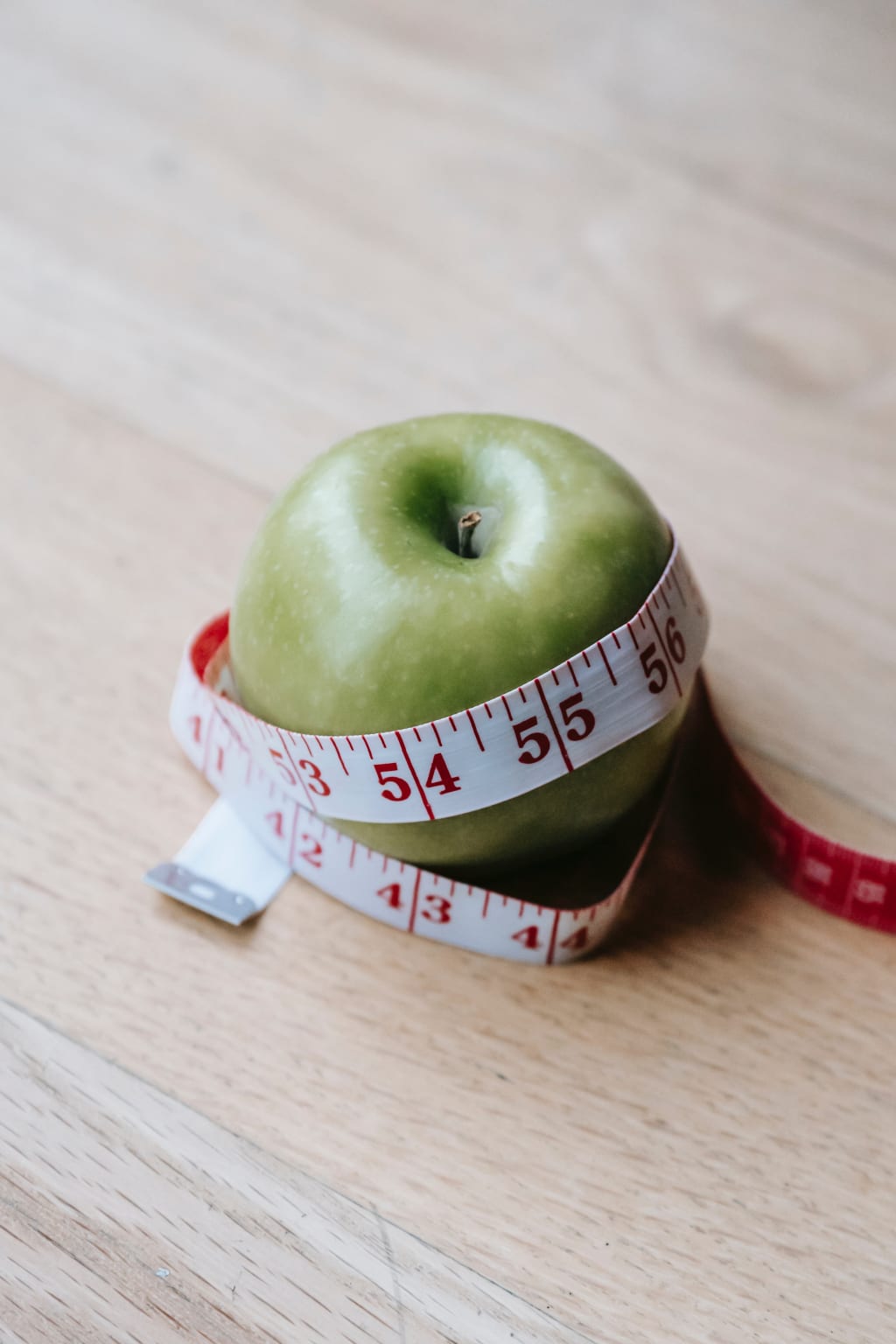How These 5 Nutrients Can Help You Achieve Your Weight Loss Goals
By DoDo

Losing weight can be a challenging endeavor, but it doesn't have to be. Incorporating certain nutrients into your diet can actually help you achieve your weight loss goals. In this article, we'll explore 5 essential nutrients that can help you shed those extra pounds and reach your ideal weight. From protein to fiber, these nutrients not only aid in weight loss but also provide numerous other health benefits. We'll delve into how they work, where to find them, and how to incorporate them into your daily diet. So, if you're looking for a natural and effective way to lose weight, keep reading to discover how these 5 nutrients can help you achieve your weight loss goals.
Nutrient #1: Fiber and how it aids in weight loss
Fiber is an essential nutrient that is commonly found in plant-based foods. It plays a crucial role in maintaining a healthy digestive system and has been linked to various health benefits, including weight loss. Fiber helps you feel full for longer periods, reducing your overall calorie intake.
There are two types of fiber, soluble and insoluble fiber. Soluble fiber dissolves in water and forms a gel-like substance in your digestive system, slowing down the absorption of nutrients and keeping you feeling full. Insoluble fiber doesn't dissolve in water and adds bulk to your stool, promoting regular bowel movements.
The recommended daily intake of fiber for adults is 25-30 grams per day. To incorporate more fiber into your diet, you can include whole grains, fruits, vegetables, nuts, and seeds. Some high-fiber foods include lentils, beans, oats, broccoli, apples, and almonds.
Nutrient #2: Protein and its role in weight loss
Protein is a crucial nutrient that is essential for building and repairing tissues in the body. It is also an important nutrient for weight loss. Protein helps to increase satiety, reduce hunger, and boost metabolism, leading to a reduction in calorie intake.
The recommended daily intake of protein for adults is 0.8 grams per kilogram of body weight. To incorporate more protein into your diet, you can include lean meats, fish, eggs, dairy, beans, and legumes. Some high-protein foods include chicken breast, salmon, Greek yogurt, lentils, and chickpeas.
Nutrient #3: Healthy Fats and how they can help you lose weight
Contrary to popular belief, not all fats are bad for you. In fact, healthy fats can aid in weight loss and provide numerous health benefits. Healthy fats are essential for maintaining healthy skin, hair, and nails, and they also help to reduce inflammation in the body, leading to a reduced risk of chronic diseases.
Healthy fats include monounsaturated and polyunsaturated fats, which can be found in foods such as avocado, nuts, seeds, and fatty fish. These fats help to increase satiety, reduce hunger, and boost metabolism, leading to a reduction in calorie intake.
It's important to note that while healthy fats can aid in weight loss, they are still high in calories, so it's essential to consume them in moderation. The recommended daily intake of healthy fats is 20-35% of your total daily calorie intake.
Nutrient #4: Calcium and its impact on weight loss
Calcium is an essential mineral that is crucial for maintaining healthy bones and teeth. It also plays a role in weight loss. Calcium helps to reduce fat absorption in the body, leading to a reduction in overall body fat.
The recommended daily intake of calcium for adults is 1000-1200 milligrams per day. To incorporate more calcium into your diet, you can include dairy products such as milk, cheese, and yogurt. Other sources of calcium include leafy green vegetables, tofu, and fortified foods such as cereals and orange juice.
Nutrient #5: Iron and how it can contribute to weight loss
Iron is an essential mineral that is crucial for the production of hemoglobin, a protein that carries oxygen throughout the body. Iron also plays a role in weight loss. Iron helps to increase metabolism and burn fat, leading to a reduction in overall body fat.
The recommended daily intake of iron for adults is 8-18 milligrams per day. To incorporate more iron into your diet, you can include lean meats, fish, poultry, beans, and legumes. Other sources of iron include fortified cereals, spinach, and tofu.
CLICK HERE to Take a Quiz & Find Out Your Unique Combination of Nutrients...
Combining these nutrients for effective weight loss
While each of these nutrients plays a crucial role in weight loss, combining them can be even more effective. Eating a balanced diet that includes protein, fiber, healthy fats, calcium, and iron can help to reduce overall calorie intake, increase metabolism, and burn fat.
One way to incorporate all of these nutrients into your diet is to eat a variety of whole foods. Include lean meats, fish, beans, and legumes for protein, fruits and vegetables for fiber and healthy fats, dairy products for calcium, and leafy greens for iron.
Sources of these nutrients in food
There are many sources of these essential nutrients in food. Protein can be found in lean meats, fish, eggs, beans, and legumes. Fiber can be found in whole grains, fruits, vegetables, nuts, and seeds. Healthy fats can be found in avocado, nuts, seeds, and fatty fish. Calcium can be found in dairy products, leafy greens, tofu, and fortified foods. Iron can be found in lean meats, fish, poultry, beans, and legumes, as well as fortified cereals and spinach.
Supplements for additional support
While it's always best to get essential nutrients from whole foods, sometimes it's not possible to consume enough through diet alone. In these cases, supplements can be a helpful addition to your daily routine. Speak to your healthcare provider before taking any supplements, as some may interact with certain medications or have unwanted side effects.
Conclusion and final thoughts on achieving weight loss goals through proper nutrition.
Incorporating essential nutrients such as fiber, protein, healthy fats, calcium, and iron into your diet can aid in weight loss and provide numerous other health benefits. Eating a balanced diet that includes a variety of whole foods and supplements can help you achieve your weight loss goals and maintain a healthy weight. Remember to speak to your healthcare provider before making any significant changes to your diet or adding supplements to your routine.
CLICK HERE to Take a Quiz & Find Out Your Unique Combination of Nutrients...
About the Creator
dodo dodo
For all my life people called me fat, this helped me to move on and change. I started work out, eat well and study the human body. Today I'm here to give help to everyone who can be in my old position and change their life
Enjoyed the story? Support the Creator.
Subscribe for free to receive all their stories in your feed. You could also pledge your support or give them a one-off tip, letting them know you appreciate their work.






Comments
There are no comments for this story
Be the first to respond and start the conversation.